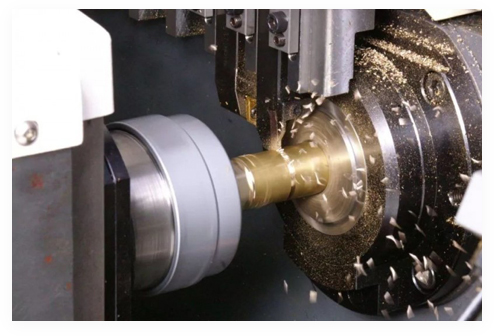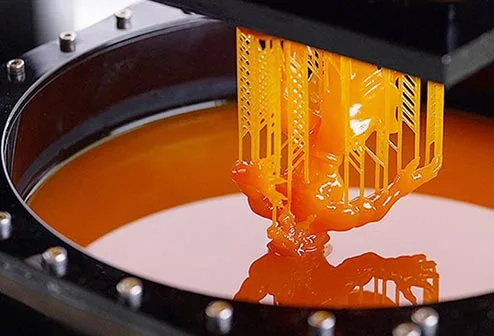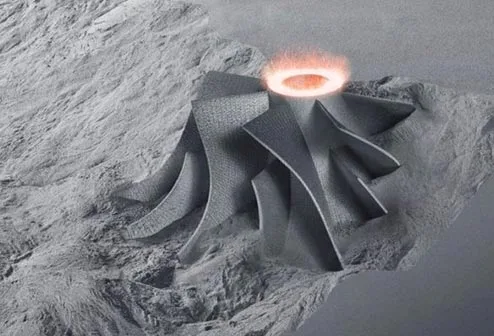Corrosion-resistant metals are used in a wide range of applications, from the culinary industry to aerospace applications. Like most metals, they provide structural strength and heat resistance, but the metals listed in this article are also more resistant to corrosion than others.
Stainless steel is an umbrella term that covers a wide range of corrosion-resistant metals. The degree of corrosion resistance depends on the elemental composition of the alloy. Specific chemical resistance also varies with the chemical nature of the metal. The key mechanism for the corrosion resistance of stainless steel is the formation of a chromium oxide passivation layer on the surface, which provides excellent corrosion resistance.
Austenitic stainless steels: This family of alloys is often referred to as the 300 series stainless steels. Typical grades include 304 and 316 stainless steels, with 316 being the most corrosion resistant. The elemental composition includes about 18% chromium and 8% nickel. In addition to this, small amounts of nitrogen and manganese are included. Austenitic stainless steels are the most common corrosion resistant metals on the market.
Martensitic Stainless Steel: This family of alloys is often referred to as the 400 series of stainless steel, with a common grade of 420 A. This steel alloy also has 18% chromium and no nickel, but has a higher carbon content and is harder than the other corrosion-resistant metals in the stainless steel family. However, this alloy is not as corrosion resistant as 300 series steel.
Ferritic Stainless Steel: This alloy is also part of the 400 series of stainless steels. The most common grade is 430 A. However, ferritic stainless steels have a much higher chromium content, up to 27% (to improve elasticity), but a lower carbon content (to make them more ductile).
Duplex steel is a steel alloy that contains two different phases, hence the name. The common phases are ferrite and austenite. Duplex steels derive optimum properties from both phases and combine them into an advanced corrosion-resistant metal for the most challenging applications. Typical grades include 2205 (containing 22% chromium, 5% nickel and 3% molybdenum) and S32750 (containing 25% chromium, 7% nickel and 4% molybdenum).
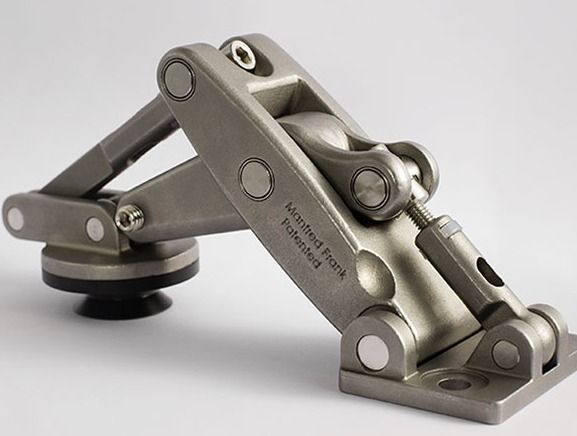
A high temperature alloy is a high performance metal that has been treated with a special formulation to provide excellent mechanical properties and corrosion resistance at elevated temperatures. This is why these grades of corrosion resistant metals are often used in aerospace and energy applications. Superalloys are distinguished by their primary base element.
Nickel high-temperature alloys: Nickel high-temperature alloys offer high strength and excellent corrosion resistance. These high temperature alloys are usually cheaper than cobalt alloys and are the most common high temperature alloys.
Cobalt high temperature alloys: Cobalt high temperature alloys have a higher melting point than other high temperature alloys and therefore have excellent thermal corrosion properties.
Iron high-temperature alloys: Iron high-temperature alloys have high strength and high corrosion resistance at room temperature. They are also much cheaper than the other two types of high temperature alloys.
Aluminum has good corrosion resistance and forms a passivated oxide layer on its surface which makes it resistant to corrosion. Most grades of aluminum are very chemically resilient, but the 1100, 3003 and 5083 grades are the most corrosion-resistant metals in the aluminum family. They are particularly tough in the pH range of 4.5 to 8.5.
1100 Series: This grade has 99% high purity aluminum for optimum corrosion resistance in normal applications.
3003 Series: Manganese is the main alloying element in this grade. This makes it slightly less resistant to corrosion than 1100 aluminum. However, it is a highly ductile material and is well suited for cold forming applications where good corrosion resistance is required.
5083 Series: This grade of aluminum has magnesium as the primary alloying element and has similar corrosion resistance to 3003 aluminum.
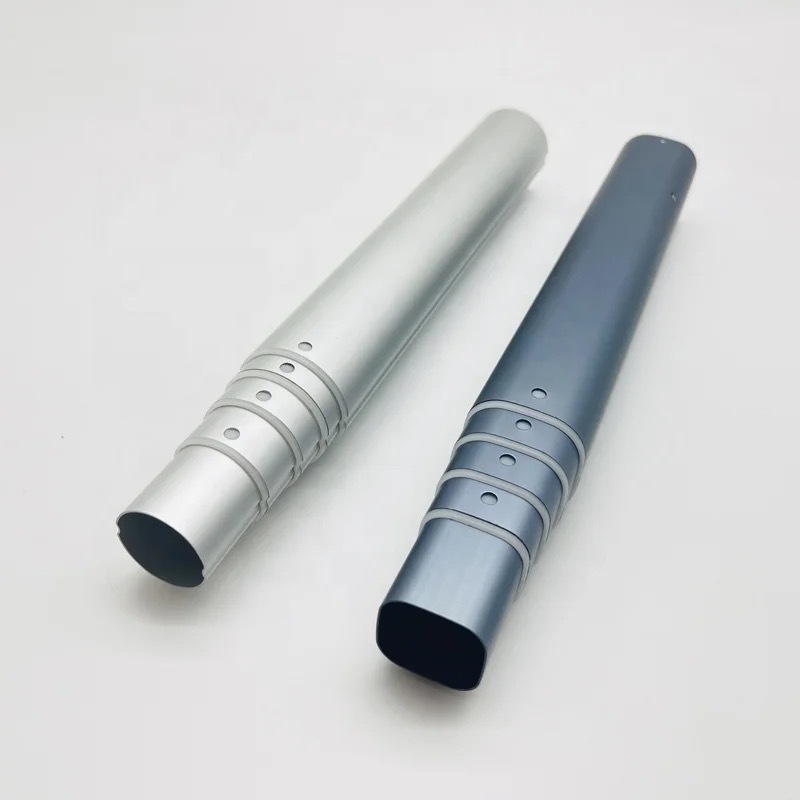
Copper has excellent corrosion resistance and is often included in other metal alloys to improve overall corrosion resistance. Some of the most common corrosion resistant metals in the copper alloy family are listed below.
Bronze: This is a copper alloy whose primary alloying element is tin. It is particularly well suited for applications that come into contact with seawater. When small amounts of silicon are added to the alloy, the corrosion resistance improves significantly.
Brass: This is a copper-zinc alloy and is very common. Adding a small amount of tin to the alloy also increases the overall corrosion resistance of the alloy, while an increase in zinc content will decrease corrosion resistance. Brass also has a lower melting point than pure copper or bronze.
Titanium is widely used in the aerospace industry because of its strength-to-weight ratio, but its corrosion resistance makes it ideal for some industrial applications as well. Like many other metals, titanium's corrosion resistance comes from the passivated oxide layer it forms on its surface. If this oxide layer is stripped off, it can quickly form again in the presence of oxygen or moisture. Titanium is uniquely resistant to chlorine solutions, making it a widely used corrosion-resistant metal in applications where these chemicals are used (often referred to as the chlor-alkali industry).
The first step when selecting a corrosion resistant metal is to use a chemical compatibility chart. This will help narrow down the choices to those options that have good resistance to your specific conditions. However, this requires an understanding of what chemicals are involved in your application. On top of that, certain types of loads and manufacturing methods can also affect corrosion performance. To learn how to best choose a corrosion resistant metal, contact Richconn precision machine works for an immediate quote.
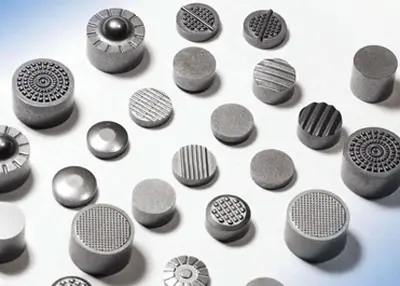 Anodized Aluminum: How Much Do You Know?April 4, 2023Anodized aluminum refers to a layer of dense aluminum oxide plated on the surface of aluminum and aluminum alloy in order to prevent further oxidation, with chemical properties that are the same as th...view
Anodized Aluminum: How Much Do You Know?April 4, 2023Anodized aluminum refers to a layer of dense aluminum oxide plated on the surface of aluminum and aluminum alloy in order to prevent further oxidation, with chemical properties that are the same as th...view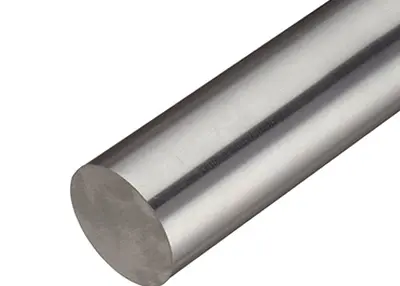 Machined Bar: Your Ultimate Guide to Precision EngineeringNovember 7, 2023Welcome to Richconn's comprehensive guide on "Machined Bar." Whether you're an engineer seeking in-depth knowledge, a manufacturer exploring material options, or a student in the quest for information, this guide has you covered. In the world of CNC machining, machined bars are essential components. They offer precision, strength, and versatility, making them invaluable in various industries.view
Machined Bar: Your Ultimate Guide to Precision EngineeringNovember 7, 2023Welcome to Richconn's comprehensive guide on "Machined Bar." Whether you're an engineer seeking in-depth knowledge, a manufacturer exploring material options, or a student in the quest for information, this guide has you covered. In the world of CNC machining, machined bars are essential components. They offer precision, strength, and versatility, making them invaluable in various industries.view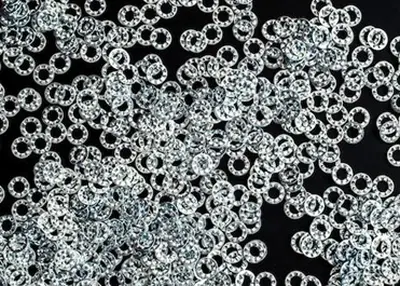 Cast Iron vs Steel: Which One to Choose for Your CNC Project?January 15, 2024Cast iron vs steel is one of the many comparisons common among manufacturers. What are the differences between them? Read on and you can get the answer.view
Cast Iron vs Steel: Which One to Choose for Your CNC Project?January 15, 2024Cast iron vs steel is one of the many comparisons common among manufacturers. What are the differences between them? Read on and you can get the answer.view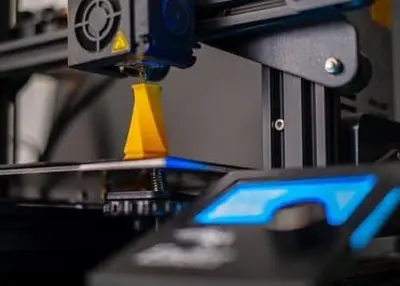 How Online 3D Printing Revolutionizes Design and Production?August 15, 2023The world of manufacturing has undergone a remarkable transformation with the advent of online 3D printing. This innovative technology has revolutionized how we bring ideas to life, offering a conveni...view
How Online 3D Printing Revolutionizes Design and Production?August 15, 2023The world of manufacturing has undergone a remarkable transformation with the advent of online 3D printing. This innovative technology has revolutionized how we bring ideas to life, offering a conveni...view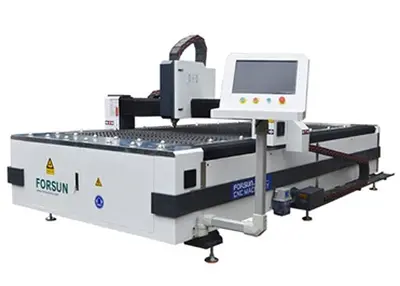 What is a CNC machine? The Precision Way to Modern ManufacturingSeptember 21, 2023CNC machine stands for Computer Numerical Control, which is a manufacturing process that controls the movement of a tool or machine through a computer program.view
What is a CNC machine? The Precision Way to Modern ManufacturingSeptember 21, 2023CNC machine stands for Computer Numerical Control, which is a manufacturing process that controls the movement of a tool or machine through a computer program.view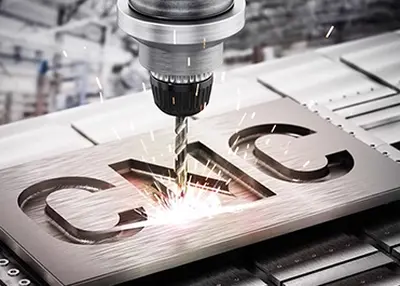 What is CNC: Unveiling the Precision RevolutionSeptember 20, 2023CNC (Computer Numerical Control) is an automated manufacturing technology that utilizes computer control systems to precisely manipulate machine tools and equipment for machining and manufacturing purposes.view
What is CNC: Unveiling the Precision RevolutionSeptember 20, 2023CNC (Computer Numerical Control) is an automated manufacturing technology that utilizes computer control systems to precisely manipulate machine tools and equipment for machining and manufacturing purposes.view
 EN
EN
 ru
ru 
